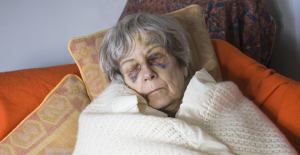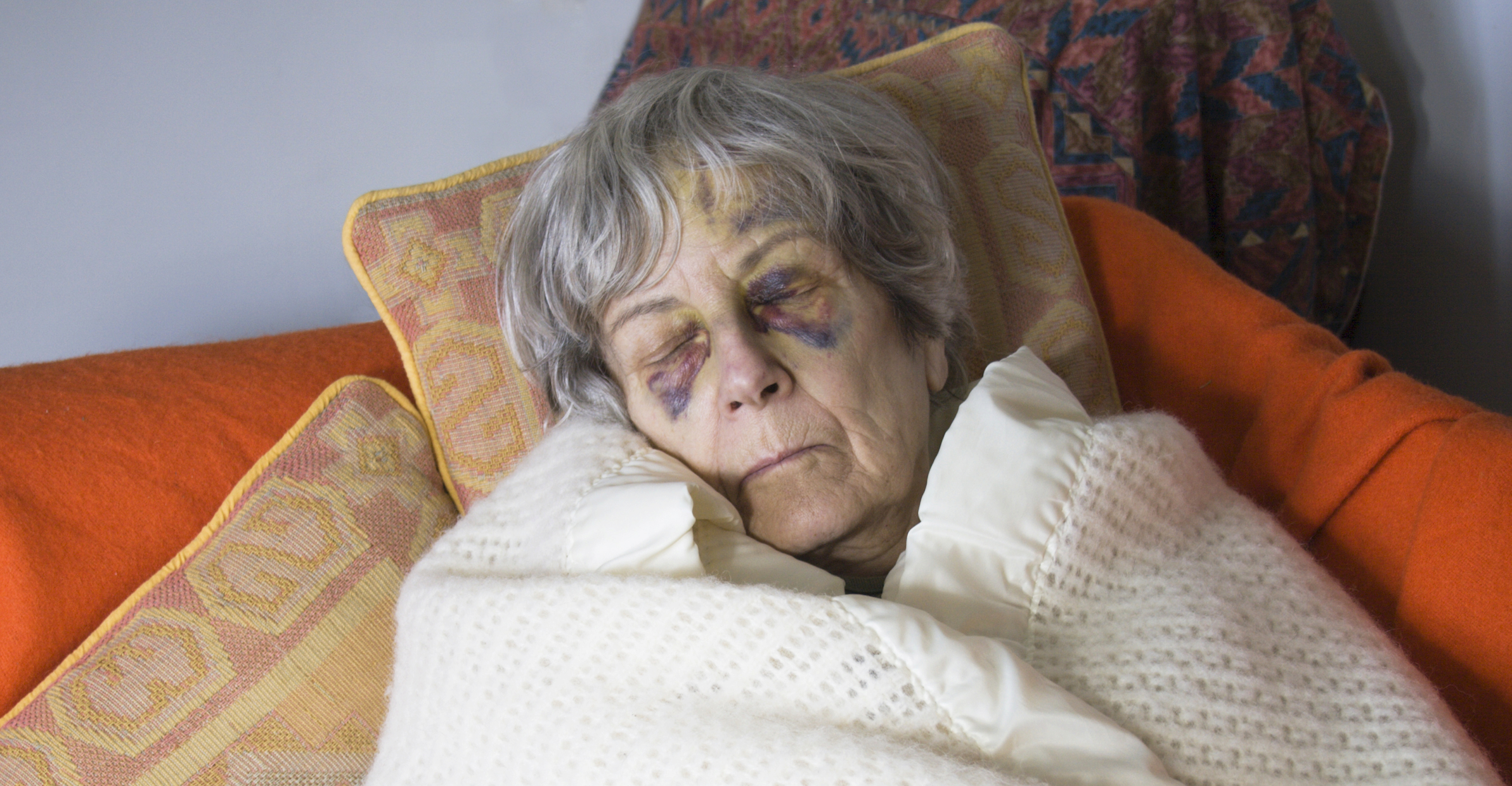The older population (defined as people 65 years of age and older) has increased dramatically in recent decades and experts project that growth will continue for the foreseeable future. The historic growth in the number of older Americans has focused the spotlight on a variety of senior issues, including elder abuse. Historically, elder abuse was largely swept under the rug and treated much like domestic violence – as a private family problem. Changing legal and cultural views coupled with the new-found power in numbers felt by older individuals have raised awareness about the alarming
What Constitutes Elder Abuse?
When you think about elder abuse you likely envision an elderly individual in a nursing home who has been physically abused or neglected to the point of dehydration or malnutrition. While those are all examples of elder abuse, the term encompasses much more. The National Council on Aging, an excellent source for information on elder abuse, recognizes the following categories of elder abuse:
- Physical Abuse: Inflicting physical pain or injury upon an older adult.
- Sexual Abuse: Touching, fondling, intercourse, or any other sexual activity with an older adult, when the older adult is unable to understand, unwilling to consent, threatened, or physically forced.
- Emotional Abuse: Verbal assaults, threats of abuse, harassment, or intimidation.
- Confinement: Restraining or isolating an older adult, other than for medical reasons.
- Passive Neglect: A caregiver’s failure to provide an older adult with life’s necessities, including, but not limited to, food, clothing, shelter, or medical care.
- Willful Deprivation: Denying an older adult medication, medical care, shelter, food, a therapeutic device, or other physical assistance, and exposing that person to the risk of physical, mental, or emotional harm—except when the older, competent adult has expressed a desire to go without such care.
- Financial Exploitation: The misuse or withholding of an older adult’s resources by another.
Challenges Faced When Attempting to Identify and Prevent Elder Abuse
Although most people are aware that elder abuse occurs, few people realize how prevalent it is. According to the Department of Justice (DOJ), at least 10 percent of adults aged 65 and older will experience some form of elder abuse each year. Financial exploitation and caregiver neglect are the most common types of elder abuse, according to the DOJ. Unfortunately, collecting accurate data about the types and frequency of elder abuse is challenging because experts believe that incidences of elder abuse are grossly underreported. Depending on the category of elder abuse, as many as 50 instances of abuse go unreported for every one incident that is reported.
The reasons for underreporting are believed to be complex; however, feelings of embarrassment and shame along with fear are believed to be behind the failure to report elder abuse. Victims of elder abuse are often embarrassed to find themselves in such a vulnerable position, resulting in victimization. They may also feel ashamed that they fell for a financial scam or that they failed to recognize a caregiver’s bad intentions. Fear of reprisals also prevents victims from reporting elder abuse given that many victims are physically, emotionally, and even financially dependent on their caregivers and two out of three perpetrators of elder abuse are family caregivers.
How Can I Protect an Elder Loved One from Becoming the Victim of Elder Abuse?
Gaining a broader understanding of the numerous types of elder abuse and the frequency with which elder abuse occurs may cause you to worry even more about elderly loved ones. If so, remember that education and communication are the keys to protecting your elderly loved ones. Know the signs of elder abuse and don’t ignore them if you see them. Talk to older family members about elder abuse and encourage them to confide in you if anyone makes them feel uncomfortable or if they believe they are the victim of any type of elder abuse. If you suspect elder abuse, consult with an experienced elder law attorney to discuss your legal options which may include filing a criminal complaint and/or a civil lawsuit against the abuser(s).
Contact a Murfreesboro Elder Law Attorney
If you have additional questions or concerns about elder abuse or you are concerned that a loved one is the victim of elder abuse, consult with an experienced Murfreesboro elder law attorney at Bennett | Michael | Hornsby as soon as possible. Contact the team today by calling 615-898-1560 to schedule your free appointment.
- The Art of Successful Co-Parenting During Divorce - April 19, 2024
- Elder Financial Exploitation: How to Protect Seniors - April 12, 2024
- How to Obtain Guardianship of a Minor in Tennessee - April 2, 2024




